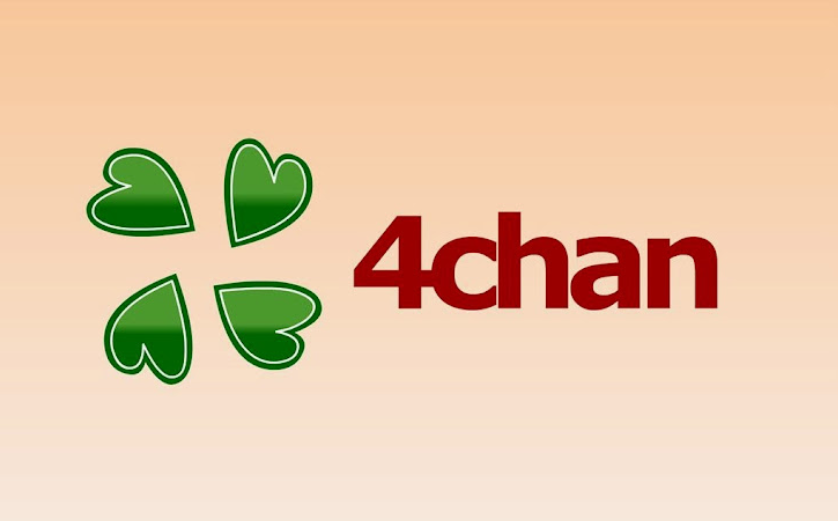Acquired by The New York Times in early 2022, these online games have millions hooked, with Wordle being one of the many that stand out to people. The objective of this game is to guess a five letter word in six tries, with clues given to you depending on which letters you have right in the right spot. But people are starting to wonder if it’s more than just a fun game. Could Wordle actually be good for your brain? Well… maybe. But don’t take that as fact just yet.
When you play Wordle, you do not just guess letters randomly. To put more precise language to it, you strategize, searching for patterns, and slipping into logic to figure out just which letters fit where. It is a bit like solving a mini-mystery every single day, and this extends from what some people refer to as deductive reasoning, which they could suggest makes your brain work out, similar to exercising at a gym.“It’s a nice way to wake up in the morning and get your brain ready to go,” Junior Kevin Powell stated. You could feel sharper just as with this exercise, a round of Wordle could feel even sharper.
Although Wordle is a game that requires you to be skillful and a little bit inventive in identifying patterns, there are no crystal-clear conclusions to state that it will enhance cognitive abilities or slow down the process of cognitive decline. Survey says that these kinds of games can be entertaining and mentally stimulating, still, they are not always achieved brain-enrichment. According to the University of Florida’s research, Wordle is a nice way of interesting and challenging the mind, but it doesn’t translate to significant cognitive advantages or a slower decline in aging. As a result, Wordle, as an amusement and interactive sport, is an outstanding option for people to amuse themselves with, but it is not certain that it can be a good way for brain improvement if such is the case.
In the end, Wordle might not be the ultimate brain-training tool, but that doesn’t mean it’s pointless. It’s a fun way to challenge yourself and think critically, even if the benefits are more about entertainment than scientific evidence. While it’s not guaranteed to make you smarter, it’s still a small, enjoyable part of many people’s routines. It’s a simple way to keep your mind active and have something to share with friends, which is valuable in its own way.


























